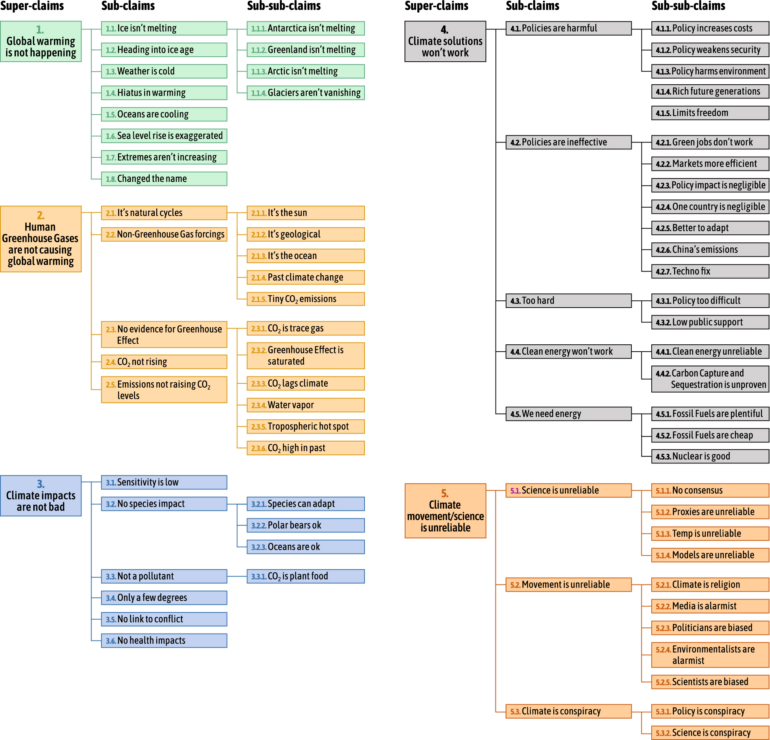Cognitive biases are among the most important factors that prevent people from changing their minds. Climate change deniers and climate activists often tend to accept only information that confirms their respective opinions on the matter. However, opinion dynamics are also influenced by a factor that the researchers call “ambiguity noise.” Unlike biases, ambiguity noise is variable, depends on many random factors, and leads to inconsistent judgment.
Is it possible for a society initially characterized by heterogeneous views on climate change to reach a consensus despite prejudices and taking into account “noise”? A team led by Professor Agostino Merico, head of the working group Systems Ecology at ZMT, investigated this question in a study published in the journal Royal Society Open Science.
“Our model is based on realistic assumptions about how people change opinions and includes the cognitive processes affecting the dynamics of opinions in a society,” says Merico. The model was fed with data from surveys conducted in the U.S.
This data shows the presence of six opinion groups in the U.S. in relation to climate change: the Alarmed, the Concerned, the Cautious, the Disengaged, the Doubtful, and the Dismissive. Using these data as initial conditions for the model, the simulations showed that as agents in the virtual society interact with each another and exchange opinions, a single shared opinion may emerge, viewpoints may become more polarized, or opinions may solidify into disagreement.
The results of the model suggest that a pro-environmental consensus can be achieved only if the communication between agents is characterized by some degree of uncertainty, that is, “ambiguity noise.”
“Clear and unambiguous messages such as ‘Nuclear power? No thanks!’ tend to prevent consensus formation. A somewhat ambiguous communication that leaves room for interpretation may instead enable people to reach a consensus despite their initial differences in opinions,” says Peter Steiglechner, first author of the paper and doctoral student at Constructor University.
The scientists sustain that to fight climate change, it is not enough to improve climate predictions or to disseminate scientific facts among the public because facts do not necessarily change people’s minds.
“We also need to understand the cognitive mechanisms that enable an increasingly divided and polarized society to reach a consensus on matters like climate change,” Merico points out.
“The time window for acting against climate change is closing up rapidly, the sooner we can achieve a consensus on climate issues, the greater the chances for developing effective policies against the looming climate crisis. In addition to traditional social science approaches, mathematical modeling is an essential tool for speeding up progress on these problems.”
More information:
Peter Steiglechner et al, Noise and opinion dynamics: how ambiguity promotes pro-majority consensus in the presence of confirmation bias, Royal Society Open Science (2024). DOI: 10.1098/rsos.231071
Provided by
Constructor University
Citation:
The power of ambiguity: Using computer models to understand the debate about climate change (2024, May 13)



